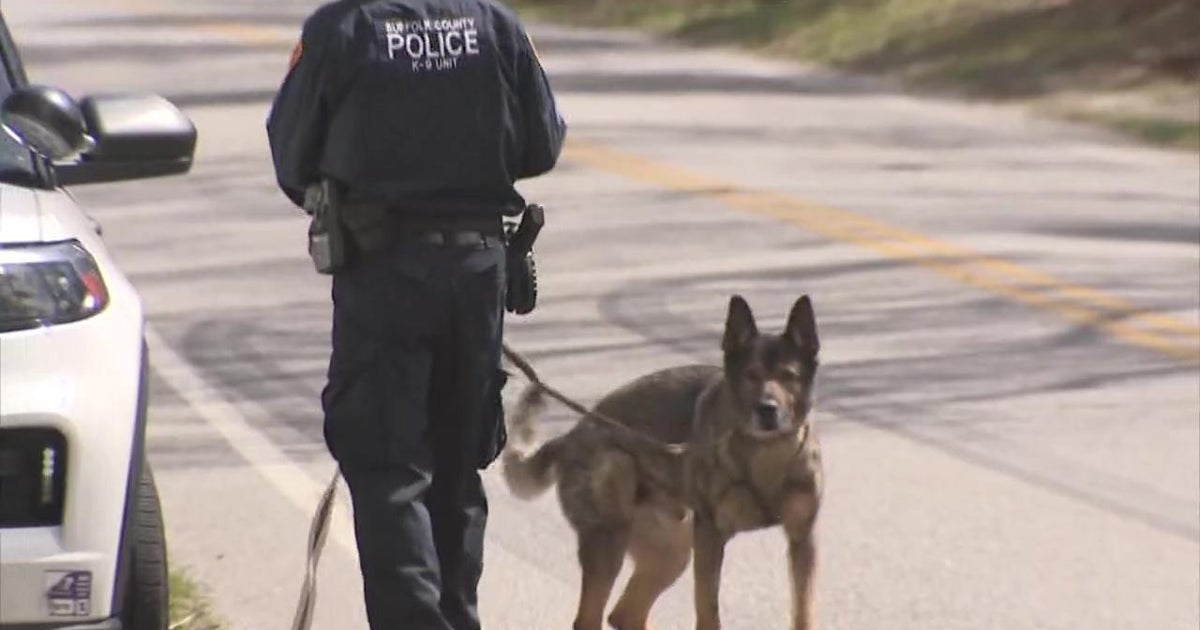Wildlife Experts Concerned About Endangered Species On Long Island As Park, Beach Attendance Goes Up
EATONS NECK, N.Y. (CBSNewYork) -- Endangered species on Long Island have seen an unprecedented amount of human visitors during the pandemic.
As park and beach attendance goes up, so too does concern for wildlife.
Long Island beaches are still frigid but soon, nesting shoreline birds, including piping plovers, will return.
A small spit of Northshore land called Hobart Beach is home to a colony of endangered birds, a stopover during migration.
"A number of shore birds breed here and nest here and raise their young," said Steve Sinkevich, with U.S. Fish and Wildlife Service.
They're looking for peace and quiet, but the pandemic hasn't helped.
"There was a lot more people out here last year than usual. I think because people were kind of cooped up in their houses," Sinkevich said. "But that affects the shore birds."
Fencing was ignored and trespassers were a constant problem.
"Fishermen would walk around the fence," Eatons Neck resident Joanne Cuiffo said. "Boaters would pull up and, you know, either camp or spend the day."
They were unaware, perhaps, they were trampling eggs that look like pebbles in the sand.
"People don't realize the nests are camouflaged, and even when you're walking, you can step on the eggs and not even realize it and then kill off generations of the birds," Huntington Town Supervisor Chad Lupinacci told CBS2's Carolyn Gusoff.
So the town of Huntington is making it abundantly clear that this is a protected breeding ground.
Fencing will be installed to the water line from April through August so boaters will know this is not a place to bring your dogs, picnic or fish.
"The dogs were stepping and eating the eggs. People didn't realize that they couldn't walk across and they were stepping on them," Huntington harbor master Fred Uvena said.
There are only 400 pairs of piping plovers on Long Island, and the number of common terns has plummeted.
Beach walkers told CBS2 they're OK to give up a small section for wildlife.
"We have all this, all the way around, so we don't need to go out there," one person said.
At wider beaches, you'll see fencing around nesting areas and will be asked to stay away.
At Hobart Beach, you won't be asked, you'll be warned, and repeat offenders will be fined.



